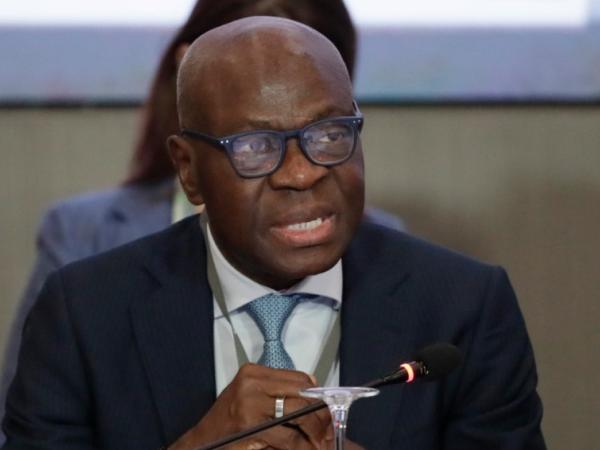The meetings have been marred by the imminent presidential elections on November 5 in the United States, which raise fears that Americans, affected by high inflation during the government of Democratic President Joe Biden, will return Republican candidate Donald Trump to the White House. , ushering in a new era of protectionist trade policies and trillions of dollars in new American debt.
Dissatisfaction is not unique to the United States, Georgieva said, even though the global economy is showing some resilience in the face of threats from wars, weak demand in China and the delayed effects of tight monetary policy.
For most of the world, a “soft landing” is on the horizon, but people are not feeling good about their economic prospects,” Georgieva said, referring to a scenario in which high inflation is tamed without a painful recession or big losses. of employment.
“To everyone I ask here, how is your economy? The answer is good. How is the mood of your people? The answer is not so good. Families continue to suffer from high prices and global growth is anemic”.
The IMF on Tuesday released new economic forecasts showing global GDP growth will slow slightly through 2029, to 3.1% annually, from 3.2% this year, and much less than the 2000-2019 average of 3.8%, as the current strength of the United States to fade.
At the same time, the IMF Fiscal Monitor showed that global public debt will exceed $100 trillion for the first time this year and will continue to rise as the political climate increasingly favors public spending and resists tax increases. .
It also predicts that public debt as a percentage of GDP, which is now 93%, will reach 100% in 2030, surpassing its peak during the Covid pandemic.
“The bottom line is this: the global economy risks stagnating on a path of low growth and high debt,” Georgieva said. “That means lower incomes and fewer jobs. It also means less public revenue, therefore less resources for families and to fight long-term challenges like climate change. These are distressing times considering these problems.”
Finance officials from the major G20 economies separately expressed optimism for a soft landing and urged resistance to protectionism.
“We see good prospects for a soft landing for the global economy, although multiple challenges remain,” G20 finance ministers and central bank governors said in a joint statement issued after a meeting on the sidelines of the meetings in Washington.
















